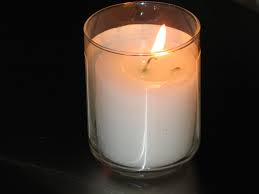An Interview with Rabbi Karmi Gross

We hold Eretz Yisrael in our hearts as our own special place – our home, even when we don’t reside there. We visit, if we can, to soak up the atmosphere of kedusha (holiness), and some of us actually transfer our selves and our belongings – to live there in reality and not just in our dreams.
One thing that everyone can agree on is that Eretz Yisrael is nothing like our sedate Baltimore. From the blazing sunlight to the passionate people, from the politics to the religion, things are more intense. Everything matters, and everyone cares. Besides being a land steeped in kedusha – perhaps because of it – Eretz Yisrael is embroiled in conflict. Ancient and modern, holy and mundane, beautiful and repulsive, great love and poisonous hatred – they all travel the same buses.








